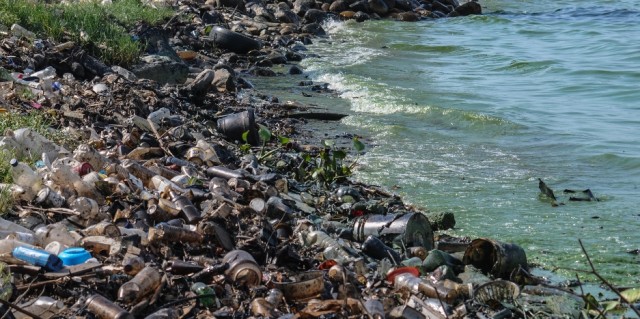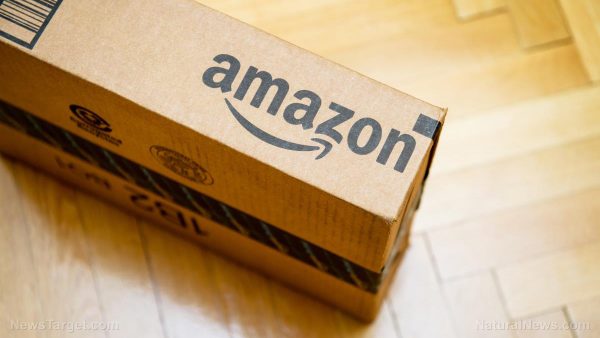At the current rate, by 2050 the world’s oceans just may contain more plastic bottles than fish due to the fact that 8 million tons are being dumped into oceans every single minute.
As noted by The Huffington Post, citing a report [PDF] from the World Economic Forum and the Ellen MacArthur Foundation, there are more than 165 million tons of plastics in the world’s oceans today.
“In a business-as-usual scenario, the ocean is expected to contain 1 ton (1.1 tons) of plastic for every 3 tons of fish by 2025, and by 2050, more plastics than fish (by weight),” the report noted.
As further noted in summarizing the problem, the World Economic Forum noted on its Web site:
Today nearly everyone, everywhere, every day comes into contact with plastics. Plastics have become the ubiquitous workhorse material of the modern economy. And yet, while delivering many benefits, the current plastics economy has drawbacks that are becoming more apparent by the day.
Significant economic value is lost after each use, and given the projected growth in consumption, by 2050 oceans are expected to contain more plastics than fish (by weight), and the entire plastics industry will consume 20% of total oil production and 15% of the annual carbon budget. How can we turn the challenges of our current plastics economy into a global opportunity for innovation and value capture, resulting in stronger economies and better environmental outcomes?
The report found that plastic use is short-lived; that is, most plastic is used one time and discarded, costing between $80 and $120 billion annually. The amount of plastic being deposited in oceans each minute would fill an average-sized dump truck.
The report’s authors focus on the creation of a “New Plastics Economy” that seeks to reduce the amount of plastics usage while getting more use out of remaining plastics use.
“The New Plastics Economy aims to set an initial direction and contribute to the evidence base by synthesizing information from across many dispersed sources. It assesses the benefits and drawbacks of plastic packaging today, and makes the case for rethinking the current plastics economy. It lays out the ambitions and benefits of the New Plastics Economy – a system aiming to achieve drastically better economic and environmental outcomes. It proposes a new approach and action plan to get there,” says the report’s introduction.
The report’s objective is not to provide final answers or recommendations. Rather, it aims to bring together for the first time a comprehensive global perspective of the broader plastic packaging economy, present a vision and propose a roadmap as well as a vehicle for progressing this roadmap, and providing a much-needed global focal point to carry this agenda forward.”
In a separate report, the Huffington Post noted that new technologies make it possible to eradicate plastic waste and that they need to be developed as soon as possible, as plastic use is expected to double in the next 20 years.
“Virtually a third of all plastic packaging escapes collection systems and ends up as pollution in the ocean as well as clogging urban infrastructure,” HuffPo reported. “The cost of these impacts, plus the associated greenhouse gas emissions from the production of these packaging products, is conservatively estimated at $40 billion annually, exceeding the entire profits of the plastic packaging industry.”
By 2050, manufacturing plastics is expected to eat up one-fifth of all oil production and 15 percent of the annual global carbon budget.
The World Economics Forum report concludes that it is vital “to overcome the limitations of today’s incremental improvements and fragmented initiatives, to create a shared sense of direction, to spark a wave of innovation and to move the plastics value chain into a positive spiral of value capture, stronger economics, and better environmental outcomes.”
Sources:
HuffingtonPost.com
EllenMacArthurFoundation.org
WEForum.org
HuffingtonPost.com



















